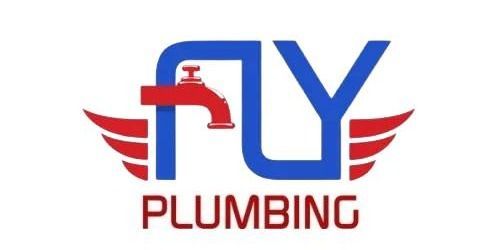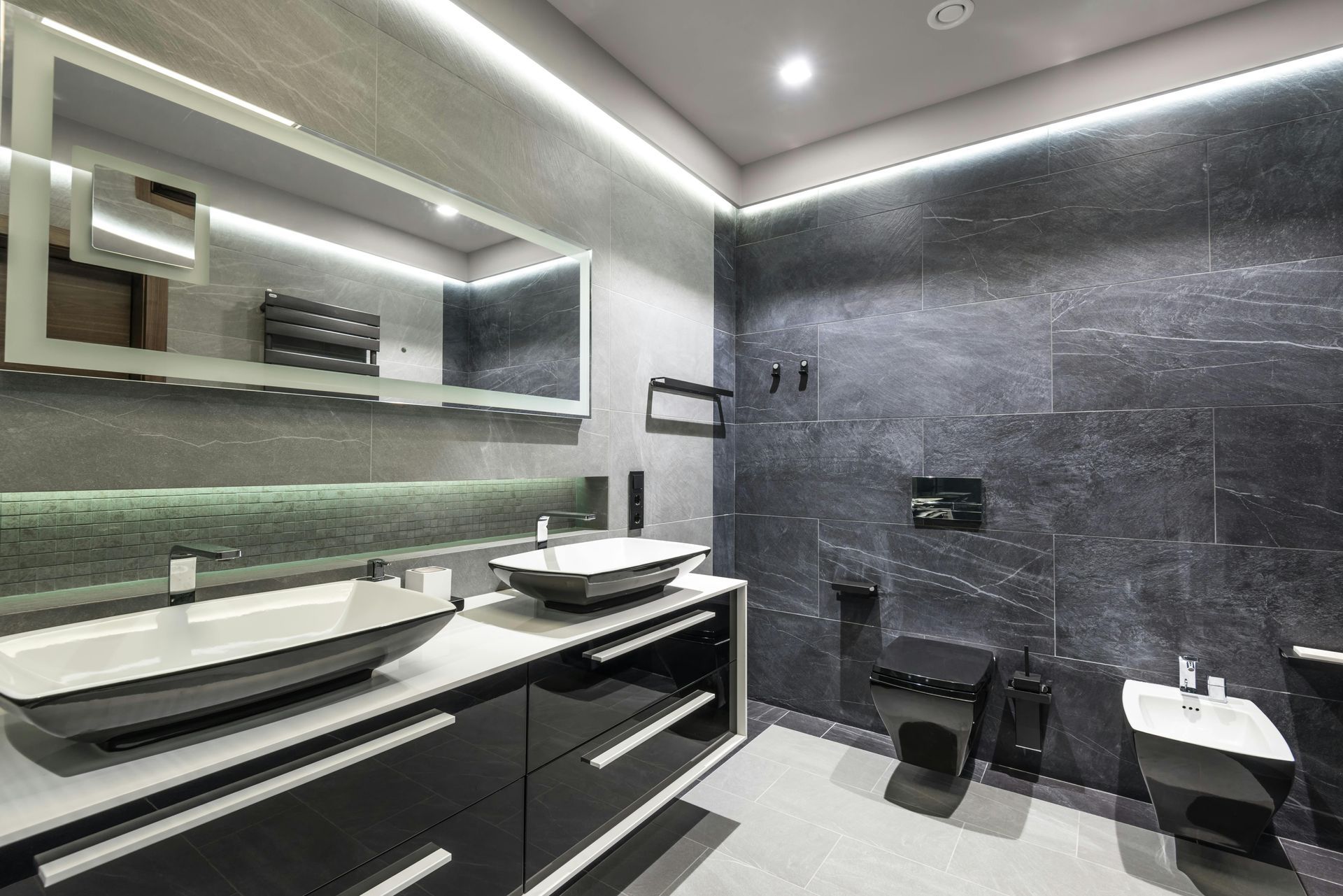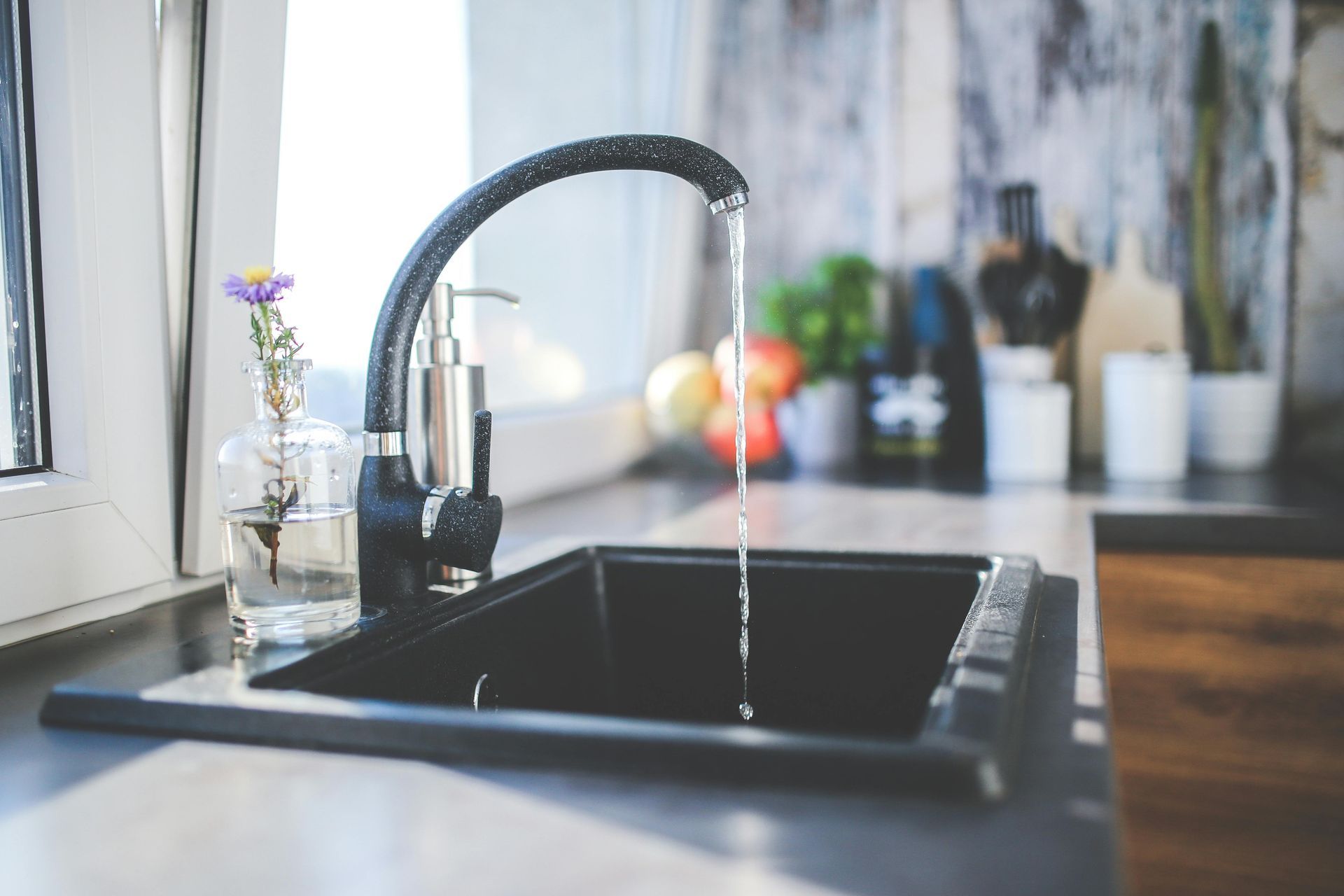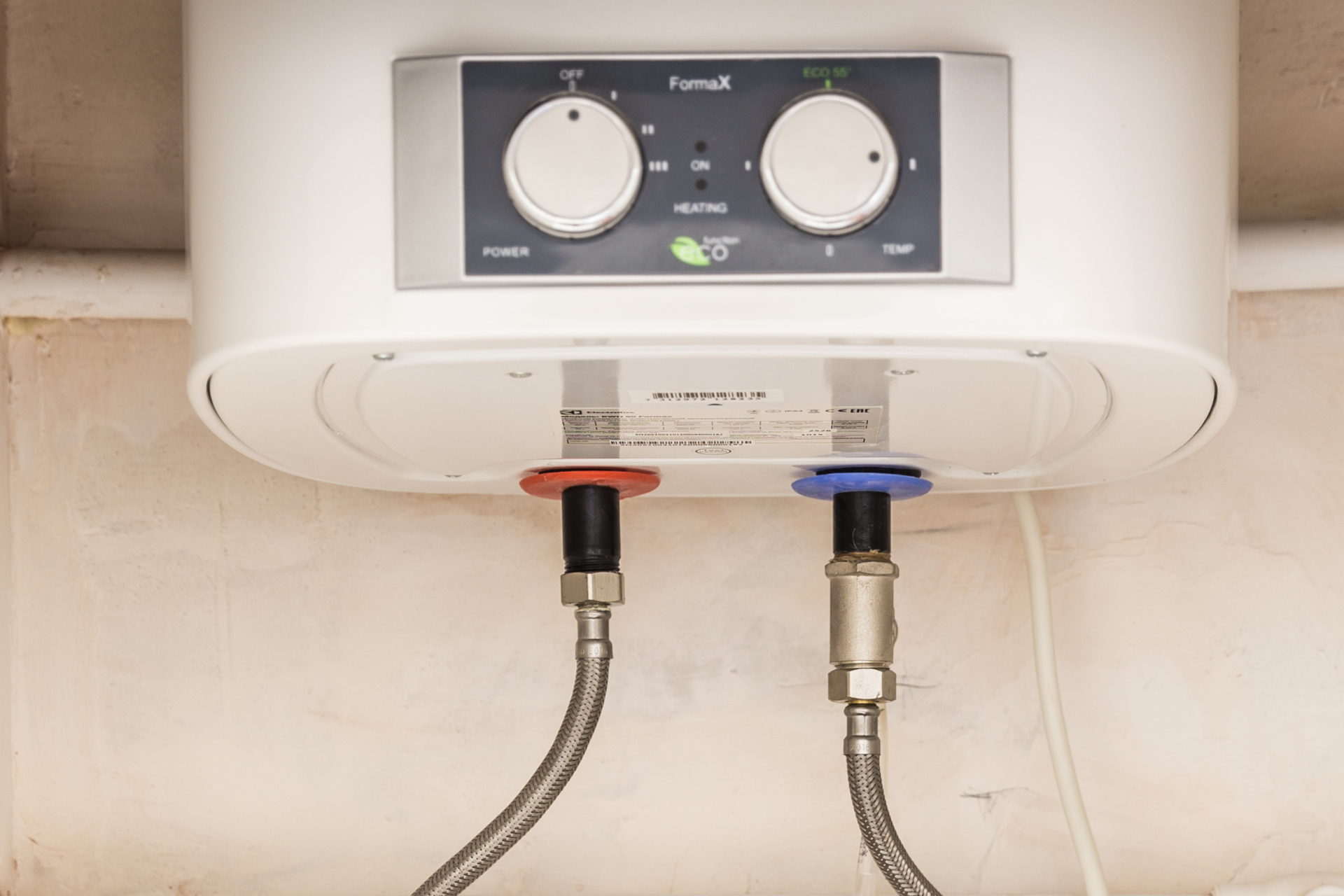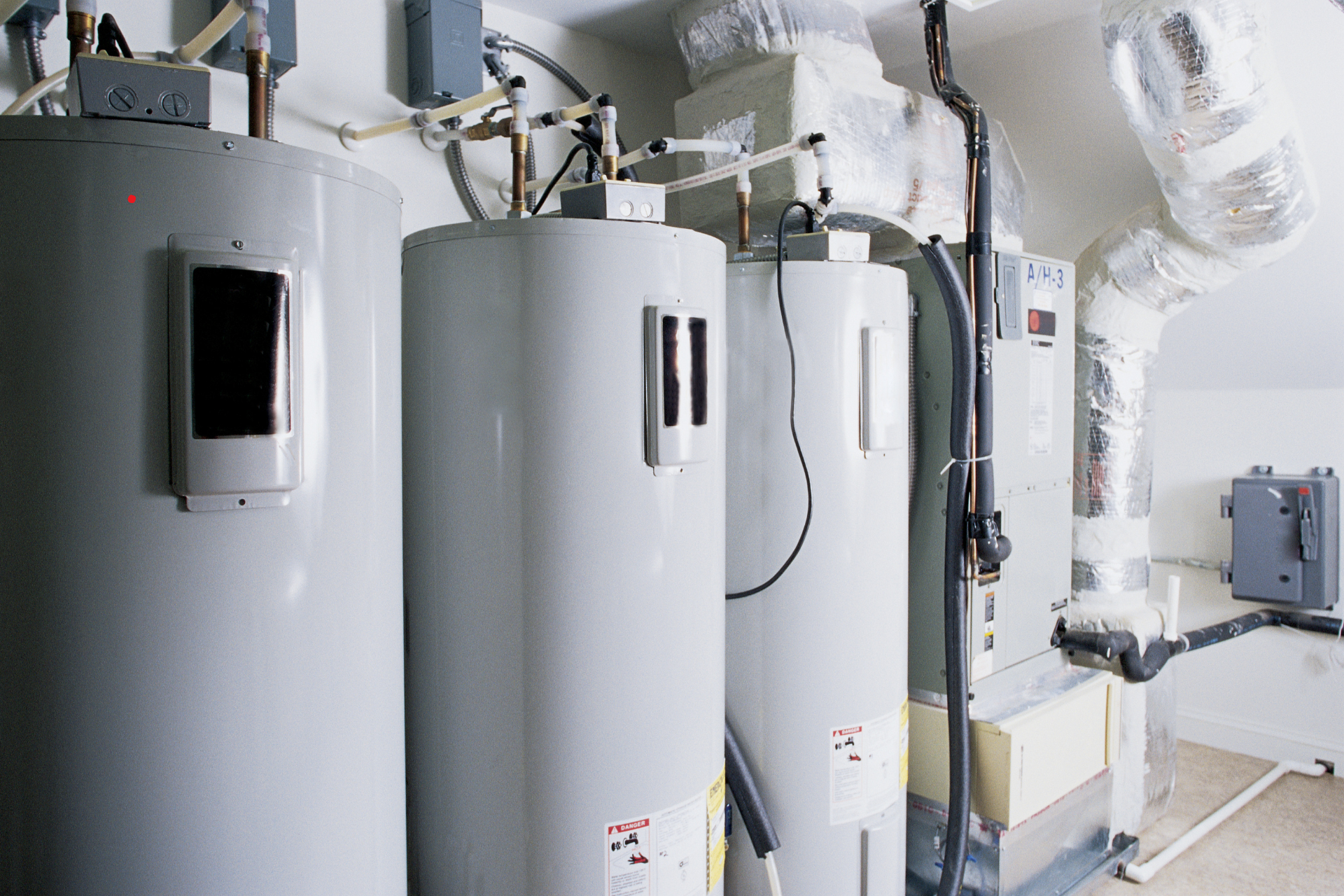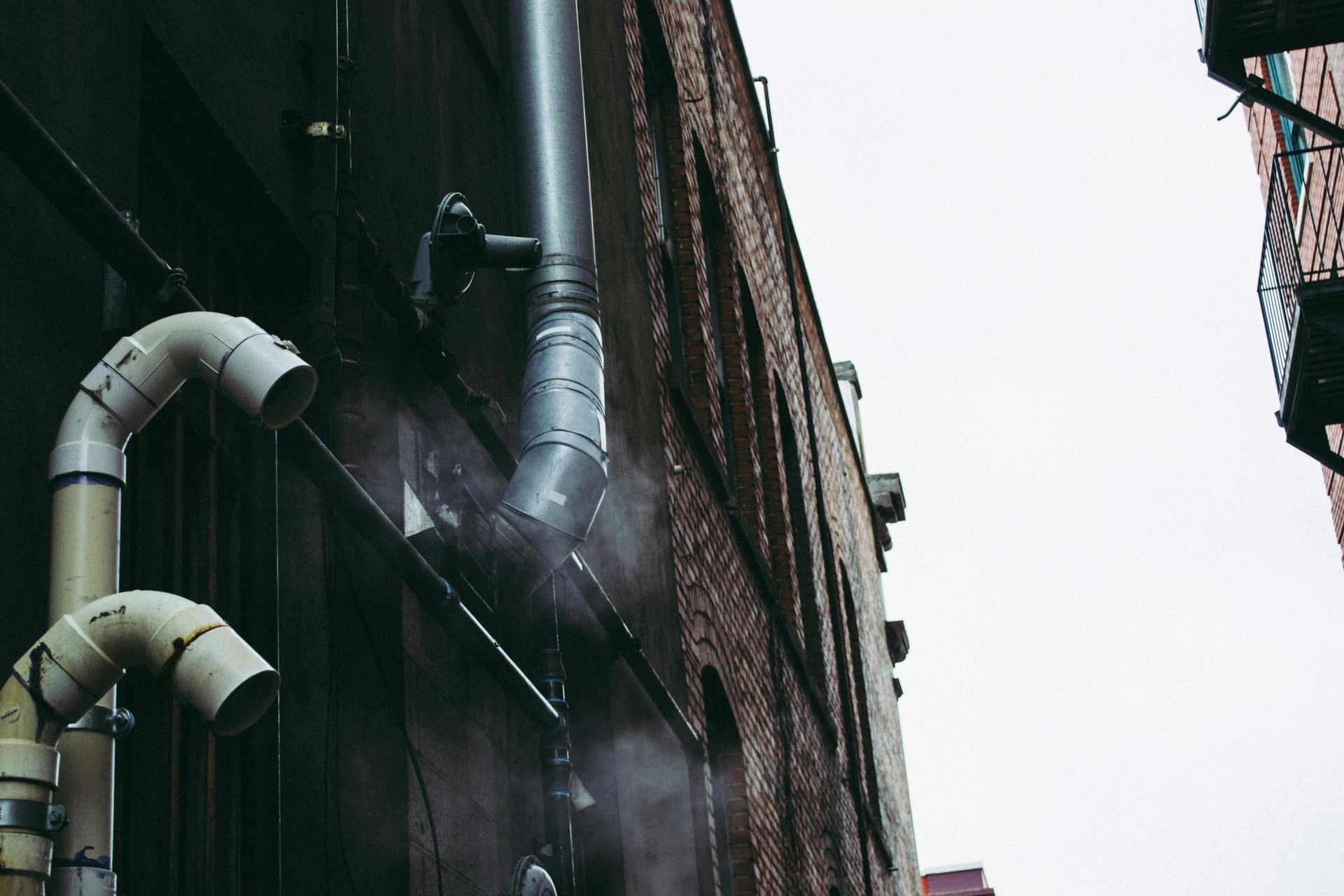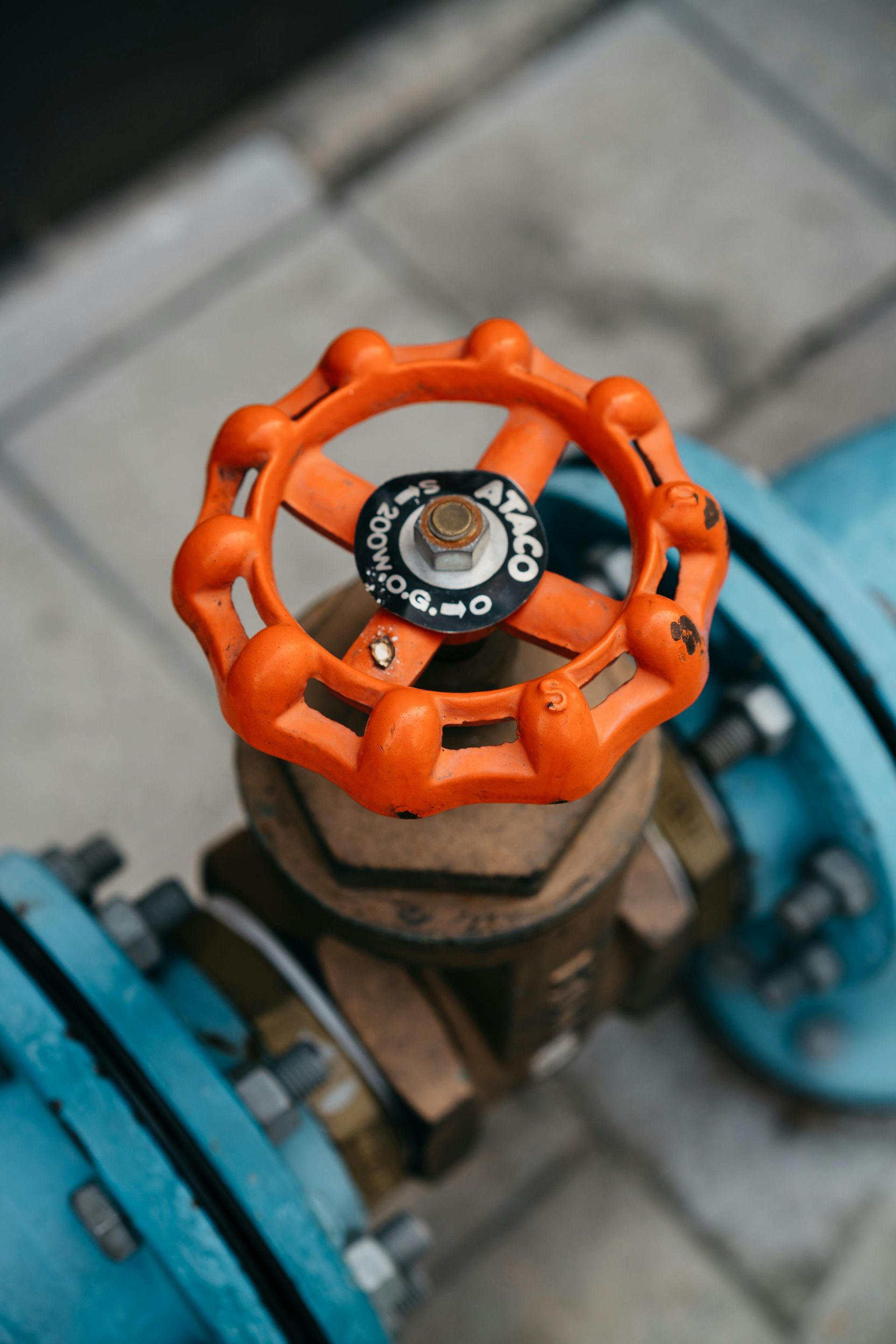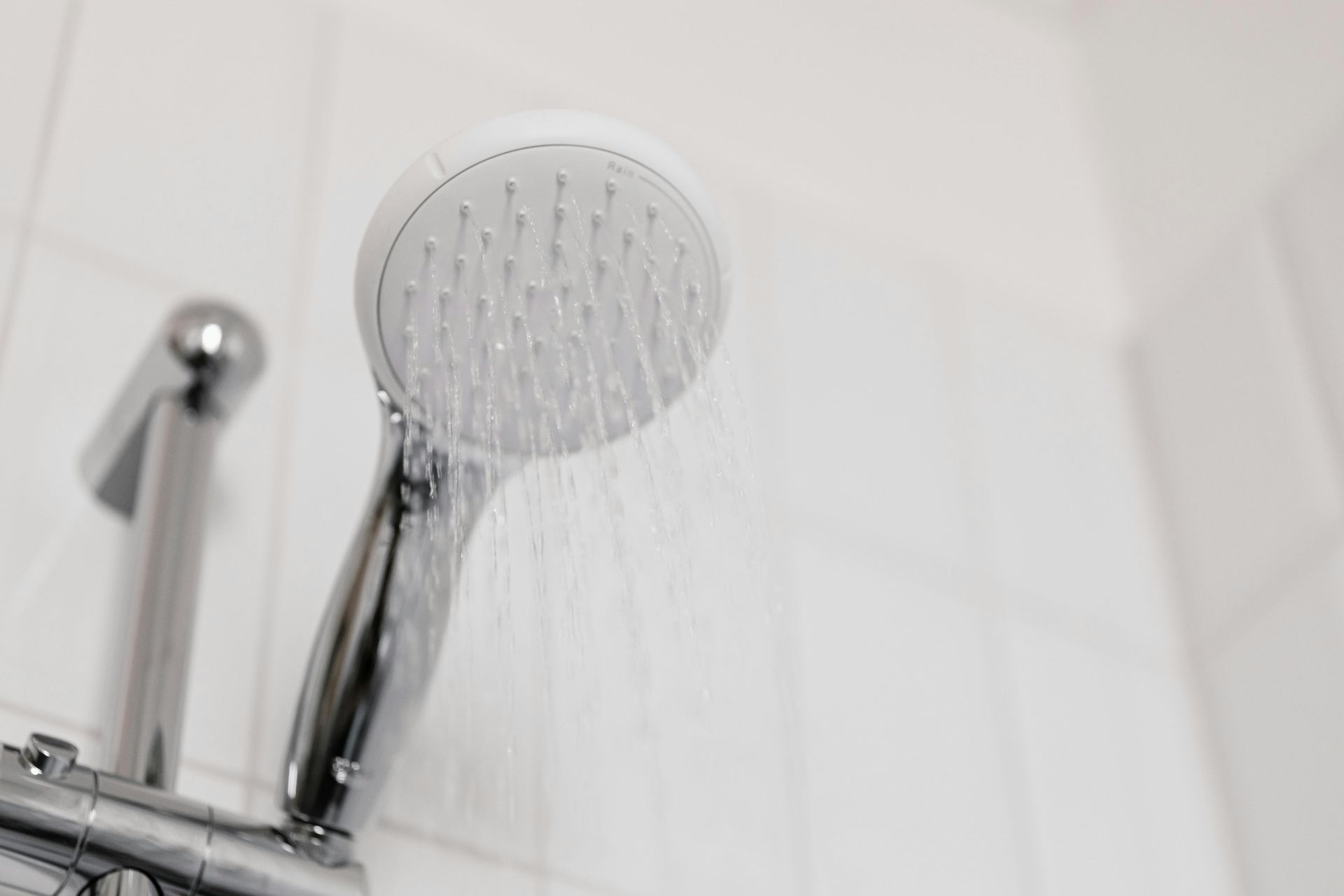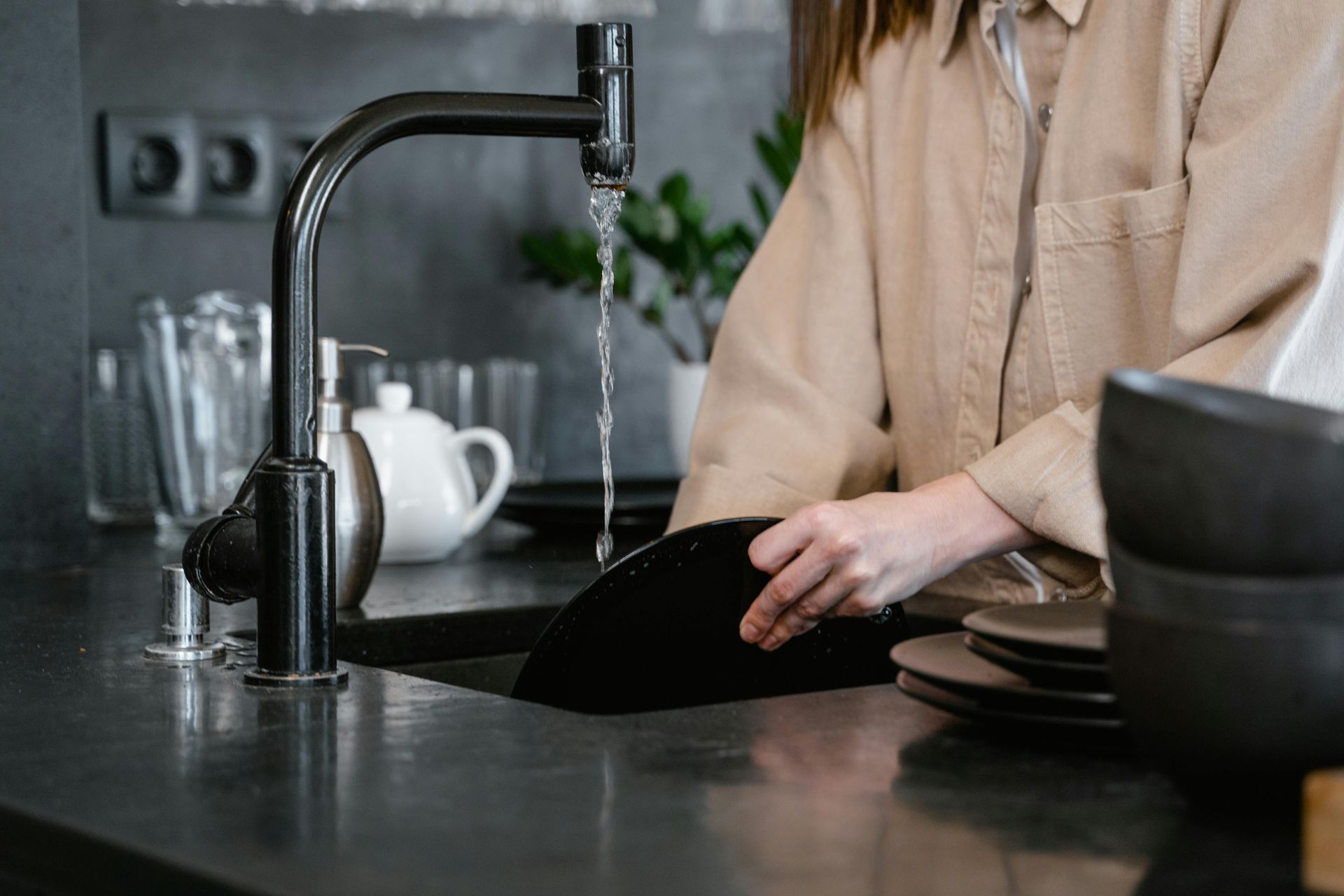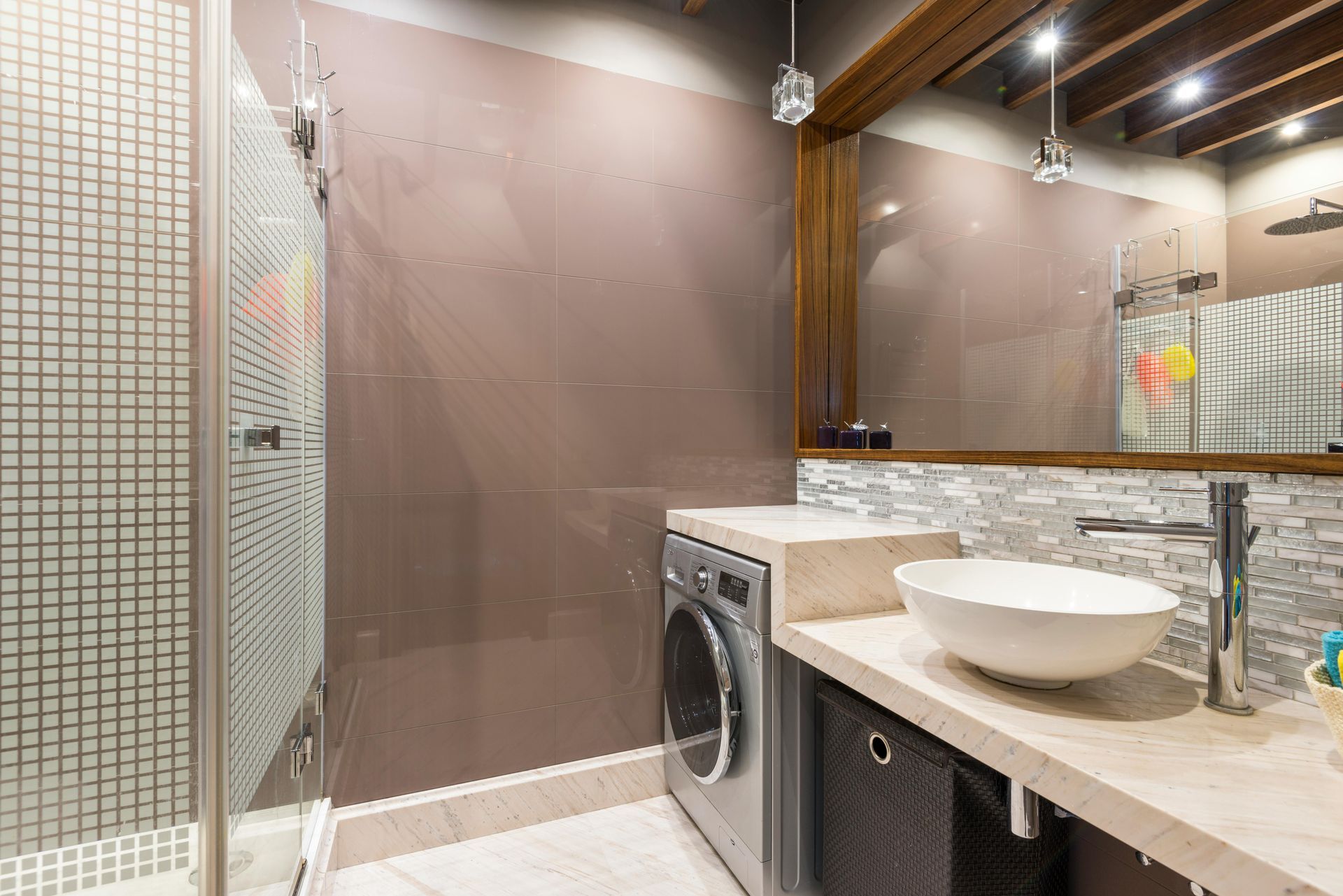How to Install a Water Heater - Professional Tips from Fly Plumbing
At first glance, water heaters don’t seem like they should be that difficult to replace. After all, it seems like you simply unplug the old one and plug in the new one. However, it’s much more complicated than that, especially if you’re installing anything other than a basic electric water heater. Consider the following reasons why you should consider having a professional install your new water heater.
The Wide Variety of Water Heaters
First, it’s important to understand that not all water heaters are created equal, and some are more difficult to replace than others. There are, of course, the big differences, like whether you have a tank or tankless style. Within the gas models, there are atmospheric vents, power vents, and direct vent varieties. Each of these variations requires a different knowledge set and sometimes different tools. Professional plumbers come prepared to handle whatever variety of water heater that best suits your home and have invested in the right tools and equipment, including some that may be cost-prohibitive for the average DIYer.
Finding the Right Water Heater for Your Home
With all the different types of water heaters, it can be challenging to find the right one for your home. Even if you know the kind of water heat you want, you also need to know the right size and ensure that it’s compatible with the infrastructure available in your home. An experienced plumber will know the right questions to ask to help you critically think through what will best serve your home. Professional plumbers know how to evaluate your water needs to ensure you get the proper size.
Home and Family Safety
It’s easy to take safety for granted with how common water heaters are and the relatively little attention the average person gives them. However, water heaters come with significant risks if not installed properly. With a gas water heater, there’s the obvious risk of a gas leak and carbon monoxide poisoning. However, regardless of model type, all of them contain hot water, which, if not installed properly, can build pressure and leak or even burst, leading to scalding and burns on anyone around. It can also cause catastrophic failure of the water heater and significant property damage.
Proper Function
Once your water heater is installed, you want to be sure that it functions properly over its expected lifespan. However, this lifespan is predicated on proper installation at the beginning and proper maintenance on a regular basis. With improper installation, a gas unit can have ignition problems, failing to maintain the standing pilot. It can have ventilation problems, affecting the entire burn process. Additionally, if it’s not installed properly, safety features like the pressure control valve may not work properly, increasing the risk of a failure that can harm your family or damage your home. Finally, if it’s not level when it’s installed, it can cause unusual wear and issues with water, fuel and exhaust flow.
Building Code Compliance
Most local ordinances allow private property owners to install their own appliances, including water heaters. However, attempting to do so on your own may compromise building code compliance. Further, if you have to move or modify a gas line, you may be legally required to either have a gas plumbing license or hire someone who does. Failing to do so can leave you legally liable if there’s an accident that results in damage that extends to affected private or public property. When you go to sell your home, having compliance issues can either reduce your home’s value or require work to bring it up to code before the sale.
Minimizing Operational Costs
Running your water heater includes multiple facets of operational costs. The part that most people focus on is the cost to run the water heater itself, such as the cost of electricity or natural gas and the water. However, part of the operational cost is also the cost of repairs over the life of the unit. When a unit is improperly installed, it may cause the unit to run less efficiently, driving up the cost of fuel or electricity. Less efficient operation also means more wear on the system, which can translate into more repair costs and a shorter service life. By simply hiring a professional to install your system you drive down all of these costs for a fraction of what they could cost you.
Protecting Warranties and Insurance Policies
A factor many property owners don’t consider when weighing this decision is the unintended implications for their manufacturer warranty and homeowner’s policy. For the unit warranty, most have a term that stipulates that a professional plumber perform all service, including the installation. Further, some homeowner’s policies won’t honor a claim if the unit fails and causes damage if the insuring company finds out that it was installed by someone other than a licensed plumber. This can leave you with significant bills that should be covered by insurance or a factory warranty, sometimes costing you multiples of the installation cost you incur.
Longer Service Life
Part of evaluating the cost of a water heater is the annualized cost of the unit. The average cost of professionally installing a water heater is around $1,400, but can certainly range both higher and lower. With an average life of about 11 years, this means the annualized cost is about $127. However, shorten that life to 5 years because of bad installation, and you’re now looking at an annualized cost of $280. Consider that most manufacturers offer a warranty ranging from 6 to 12 years, and you can see how trying to save installation costs by DIY installation can dramatically increase your overall costs.
Old Unit Disposal
Unless you’re installing a water heater in a new construction, you’ll have to dispose of the old unit after the project. Unfortunately, this is usually not something you can set out at your curb for waste disposal pickup. Rather, you’ll have to find a way to get it to one of the few landfills permitted to handle them or to a scrap yard. This can be both expensive and time-consuming, especially if you don’t have a sufficient vehicle and help to load and unload. When you hire a professional plumber to install a new unit, they’ll haul away the old one and ensure that it’s properly disposed of.
For more than 15 years, property owners around Wheeling have turned to Fly Plumbing to ensure their homes remain comfortable, safe, and functional. Our team of expert plumbers and HVAC technicians provide water heater installation and repair and comprehensive residential plumbing services, including drain cleaning, frozen pipe repair, toilet unclog and repair, and frozen pipe repair. Our experienced team also offers heating and AC installation, maintenance and repair, and indoor air quality solutions. Call to schedule a consultation with one of our water heater experts to find the best solution for your home.
